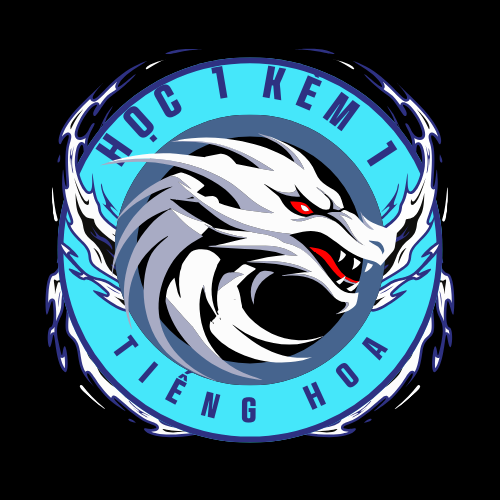The travel industry in 2025 stands at a turning point of advancement and responsibility. As global tourism recovers to pre-pandemic levels, travelers and industry participants alike are navigating a landscape transformed by sustainability imperatives, technological advancements, and changing visitor priorities.
## Eco-Friendly and Eco-Conscious Travel
The imperative for sustainability has become a foundation of modern travel. By 2025, the tourism sector is projected to generate 6.5 billion metric tons of carbon emissions, necessitating swift interventions. Destinations like Costa Rica and Bhutan are spearheading this charge, with the latter maintaining its status as the world’s only emissions-reversing country through strict visitor caps.
Regenerative tourism models, such as New Zealand’s Māori-led eco-tours, are building popularity. These programs reflect a broader shift: 73% of travelers now prefer brands with strong environmental policies.
## Tailoring and Personalized Adventures
High-end exploration in 2025 is synonymous with ultra-tailoring. Selective visitors seek transformative journeys customized to their unique interests. Providers like LuxGroup emphasize “ethical luxury,” blending indulgence with traditional engagement.
AI technology is revolutionizing trip planning, enabling adaptive schedules that adjust to real-time preferences. This trend aligns with findings that 64% of luxury travelers prefer personalized offerings over cookie-cutter options.
## Preventing Overtourism Through Ingenuity
Overtourism remains a pressing issue, prompting travelers to seek “substitute spots” and off-peak travel. Cities like Ljubljana are reducing congestion through car-free zones and bike pathways.
Administrations are stepping in; Amsterdam and Majorca have implemented tourist limits and etiquette standards to protect local ecosystems.
## Technology’s Role in Seamless Exploration
AI’s influence spreads beyond personalization into operational efficiency. Chatbots handle 24/7 customer inquiries, while forecasting algorithms optimize flight schedules and hotel pricing. Digital simulations previews allow travelers to “trial” destinations before booking.
Apps like Seven Corners simplify trip management, offering real-time updates on weather, crowds, and transportation delays. Cryptographic recordkeeping enhances clarity in carbon offset programs.
## Prolonged Trips and Cultural Immersion
The era of hectic vacations is declining. Luxury travelers are commonly opting for two-week stays to strengthen cultural connections. Families are increasingly embracing “professional voyages,” combining remote work with prolonged visits.
## Occasion-Focused Travel and Unconventional Activities
“Event hopping” has skyrocketed, with fans crisscrossing globes for major events. Stargazing travel—exemplified by stargazing in Chile’s Atacama Desert—reflects growing interest in astronomical events.
## Wellness and Tech-Free Breaks
Self-care journeys is evolving beyond spa retreats to encompass holistic healing. Tech-free escapes combine mindfulness with organic cuisine, aligning with a 95% surge in demand for self-care-centered itineraries.
## Monetary Tactics and Value-Conscious Travel
Travelers are leveraging membership benefits and packaged deals to maximize value. Banking incentives are being carefully utilized for upgrades, reflecting a shift toward “smart luxury”.
## Conclusion
The travel landscape of 2025 is defined by its twofold character: a desire for exploration moderated by ethical accountability. As destinations balance advancement with protection, stakeholders can ensure tourism remains a link—not a impediment—to a more connected and conscientious world.
